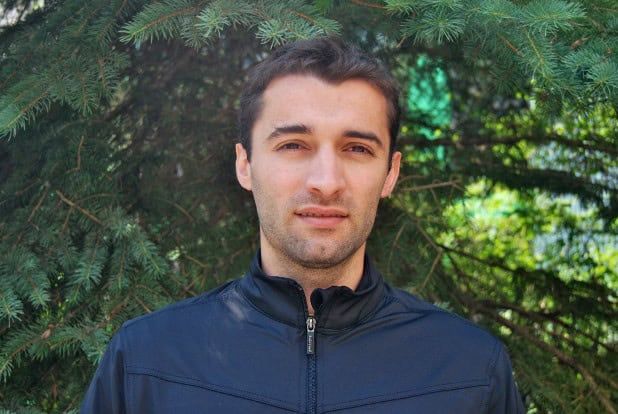Congratulations to HALO alumnus Dr. David Thivel and HALO Research Scientist Dr. Jean-Philippe Chaput on their new paper titled “Effect of Acute Exercise and Cycling Desk on Energy Intake and Appetite Response to Mental Work: The CORTEX Study” that was just published in the Journal of Physical Activity and Health! Citation details and a summary of the paper are below.
Thivel, D., Genin, P., Fillon, A., Khammassi, M., Roche, J., Beaulieu, K., Finlayson, G., Chaput, J., Duclos, M., Tremblay, A., Pereira, B., & Metz, L. (2021). Effect of Acute Exercise and Cycling Desk on Energy Intake and Appetite Response to Mental Work: The CORTEX Study, Journal of Physical Activity and Health, 18(4), 433-439.
Abstract
Background: While mental work has been shown to favor overconsumption, the present study compared the effect of a cognitive task alone, followed by acute exercise, or performed on a cycling desk, on short-term food intake and appetite in adults.
Methods: A total of 19 normal-weight adults randomly completed: resting session (CON), 30-minute cognitive task (CT), 30-minute cognitive task followed by a 15-minute high-intensity interval exercise bout (CT–EX), and 30-minute cognitive task performed on a cycling desk (CT-CD). Energy expenditure was estimated (heart rate–workload relationship), and energy intake (EI; ad libitum) and appetite (visual analog scales) were assessed.
Results: Energy expenditure was higher in CT-EX (P < .001) compared with the other conditions and in CT-CD compared with CON and CT (P < .01). EI was higher in CON (P < .05) and CT-CD compared with CT (P < .01). Relative EI was higher in CON compared with CT (P < .05) and lower in CT-EX compared with CT, CT-CD, and CON (all Ps < .001). Area under the curve desire to eat was higher in CON compared with CT (P < .05) and CT-EX (P < .01). Area under the curve prospective food consumption was higher in CON compared with CT-EX (P < .01). Overall composite appetite score was not different between conditions.
Conclusion: While cycling desks are recommended to break up sedentary time, the induced increase in energy expenditure might not be enough to significantly reduce overall short-term relative EI after mental work.
The full paper can be accessed here.



